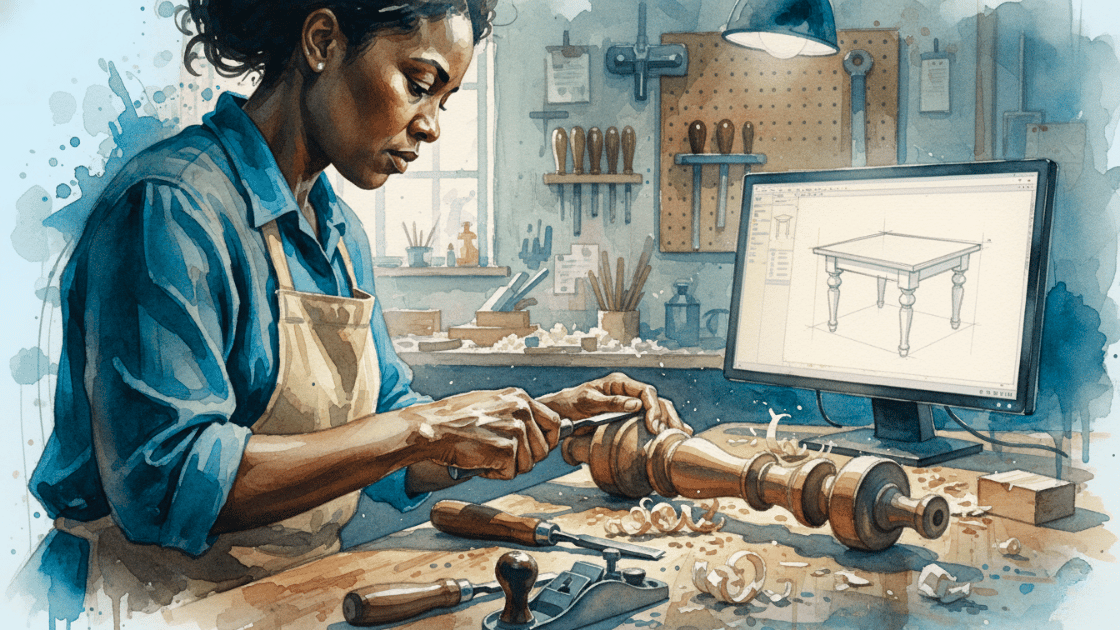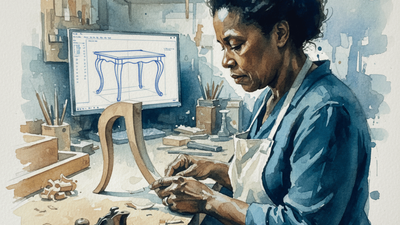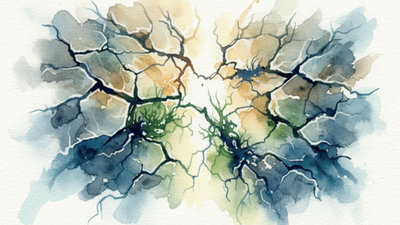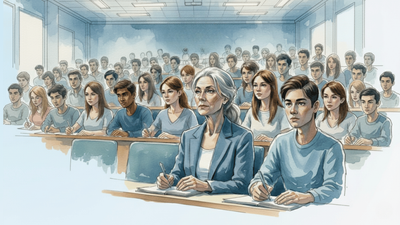Why Your Resistance to AI is a Strategic Failure

A recurring theme dominates my conversations with fellow consultants, coaches, and change leaders: the supposed inability of AI to replicate human empathy. The argument is that as long as AI cannot feel, human expertise remains irreplaceable. This sentiment, while understandable, is a strategic miscalculation. It fosters a dangerous sense of security and fundamentally misunderstands the nature of the disruption we face.
This is not a debate about whether a machine can be empathetic. That is a distraction. The real issue is that while many are focused on what AI can't do, they are ignoring the immense strategic opportunities it creates. This defensive posture is not just unproductive; it is a liability. For leaders and organizations, clinging to the empathy argument is a failure of imagination and a direct threat to future relevance. Here’s a more pragmatic way to view the landscape:
1. Stop Blaming the Tool, Master the Craft
Complaining about the quality of AI-generated output is like a master carpenter blaming their chisel. The results you get from AI are a direct reflection of the quality of your input. Vague instructions yield vague results. AI is a powerful leverage tool, a brilliant intern that needs clear direction, context, and critical validation. The ability to craft effective prompts, to guide the model, and to critically evaluate its output is not a technical skill; it is a new form of strategic thinking. Organizations that cultivate this skill will not just be more efficient; they will be able to solve problems and create value in ways their competitors cannot even conceive.
2. Your Defensibility is Not in Your Skills, But in Your Systems
The belief that specialized skills like active listening or challenging assumptions are impervious to AI is a fragile defence. AI-powered tools are already becoming “good enough” to provide basic support in therapy, coaching, and strategic advice, plugging a significant gap in the market that human practitioners have been unable to fill at scale. The strategic response is not to double down on the inherent value of human skills, but to fundamentally rethink the business model. How can you productize your expertise? How can you build systems that leverage AI to deliver your unique value to a broader audience? The future belongs to those who build scalable systems, not those who rely solely on their individual, unscalable time and expertise.
3. Move from Defence to Offence: AI as a Catalyst for Mastery
Dismissing AI-generated content, such as an image from Midjourney because it lacks the “soul” of a human artist is a failure to see the bigger picture. This is the same argument made by designers who resisted Photoshop in the 1990s. The designers who embraced the new tools didn’t become obsolete; they unlocked new levels of creativity and efficiency. AI is not a replacement for expertise; it is an amplifier. For any organization, the question is not “Will AI replace my experts?” but “How can AI augment my experts to create unprecedented value?” An organization that fosters a culture of open-mindedness and continuous learning, that encourages its people to experiment with these new tools, will not just stay relevant; it will lead its industry.
4. The Real Disruption: The Democratization of Capability
Perhaps the most profound impact of AI is the radical democratization of capabilities. Complex tasks that once required years of specialized training and expensive software are now accessible to a much wider audience. This flattens the learning curve, lowers the barriers to entry, and empowers non-techies to build, experiment, and launch at a speed previously unimaginable. For an organization, this is a massive opportunity. It means that innovation can come from anywhere. It means that cross-functional teams can be more autonomous and effective. But it also means that the competitive landscape is becoming more fluid and unpredictable. The only sustainable advantage is the ability to learn and adapt faster than the competition. An organizational culture that embraces continuous learning, that sees AI as a tool for everyone, is the only way to thrive in this new environment.
The So What: From Resistance to Readiness
Viewing AI through the lens of its limitations is a strategic dead end. It’s a passive, defensive posture in a world that rewards proactive, offensive action. The real conversation is about readiness. It’s about building an organizational culture that is curious, open-minded, and relentlessly focused on learning. It’s about seeing AI not as a threat, but as a catalyst for a profound transformation in how we work, create, and lead.
Stop defending the past and start building the systems and the mindset that will own the future. That is the only productive use of your time and the only way to ensure you not only stay relevant, but lead the way.
Subscribe to the FORS Report
Be the first to know - subscribe today





Member discussion